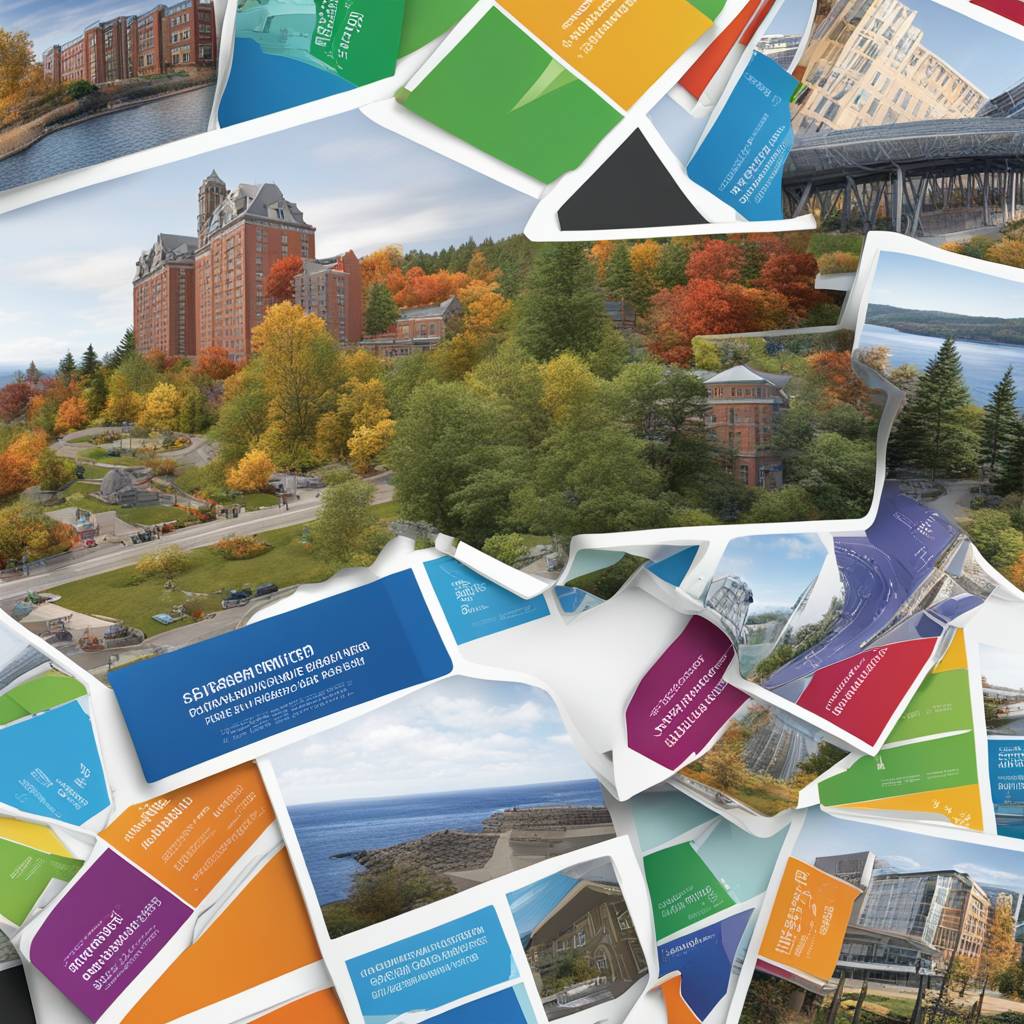The federal government is reducing the number of international study permits for Nova Scotia universities and colleges by 35 percent in 2024, with the province receiving 12,900 permit applications compared to about 19,900 the previous year. This decision is part of the government’s efforts to address the national housing shortage by cutting international study permits in Canada by over one-third and implementing a two-year cap on student visas. Nova Scotia’s Advanced Education Minister Brian Wong has allocated this year’s permits among the province’s 32 educational institutions, including universities, colleges, private career colleges, and language schools.
Among Nova Scotia’s 11 universities and colleges, Cape Breton University is experiencing the largest decrease in permit applications, with only 5,086 applications compared to last year, representing a 52 percent drop. On the other hand, Dalhousie University in Halifax will receive 1,180 applications, a 70 percent increase from 2023. Wong notes that it is too early to determine the financial implications for each school as a result of these changes. The distribution of permits among the educational institutions aims to balance the impact of the reduction in international study permits across the province.
The federal government’s decision to cut international study permits in Nova Scotia is a response to the housing shortage crisis in Canada, with the aim of reducing the pressure on housing markets created by a large influx of international students. These changes also include a two-year cap on student visas to manage the overall number of international students entering the country. Nova Scotia’s education sector will need to adjust to the decreased number of international students, and institutions will have to consider how to manage any potential financial impacts resulting from the reduction in permit applications.
The distribution of international study permits among Nova Scotia’s universities, colleges, private career colleges, and language schools has allocated specific numbers of applications to each institution, with each school experiencing varying levels of impact. Cape Breton University is facing a significant decline in permit applications, while Dalhousie University is seeing a substantial increase compared to the previous year. The provincial government is working closely with educational institutions to assess the economic consequences of the reduced number of international students and to determine the best course of action to address any financial challenges that may arise.
As the education sector in Nova Scotia adapts to the changes in international study permits, institutions will need to develop strategies to manage the impact of the reduction in permit applications. The province’s universities, colleges, private career colleges, and language schools will need to consider how to attract and support international students within the new limits set by the federal government. Nova Scotia’s Advanced Education Minister Brian Wong will continue to monitor the situation and work with educational institutions to navigate the financial implications of the decreased number of international study permits allocated to the province in 2024.
In conclusion, the federal government’s decision to cut international study permits in Nova Scotia by 35 percent in 2024 is part of a broader strategy to address the national housing shortage crisis and manage the influx of international students entering Canada. Nova Scotia’s educational institutions will be impacted by the reduction in permit applications, with some schools experiencing decreases and others seeing increases in the number of applications received. The province’s education sector will need to adapt to these changes and consider how to manage any financial implications resulting from the decreased number of international students. Nova Scotia’s Advanced Education Minister Brian Wong is closely monitoring the situation and working with universities, colleges, private career colleges, and language schools to address the challenges posed by the reduced number of international study permits.















